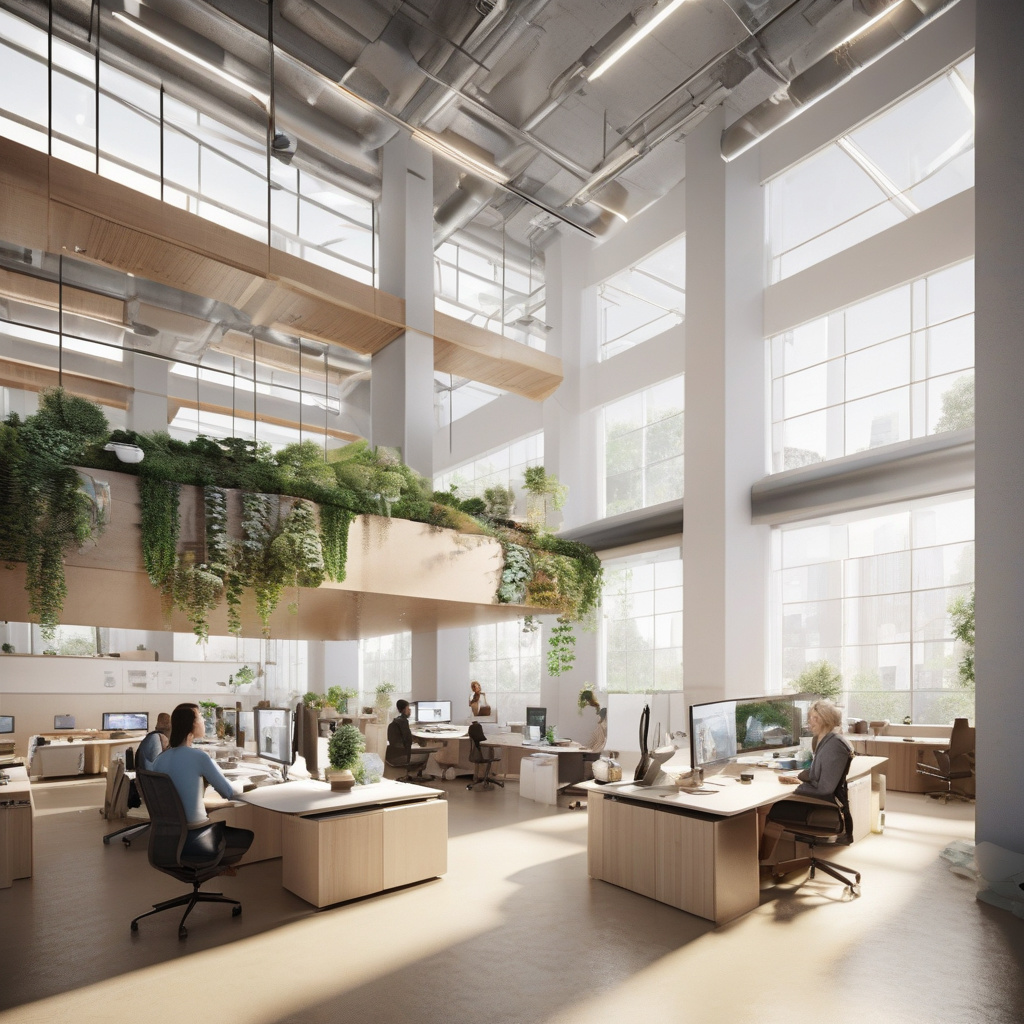The Future of Work: AI, Flexible Ecosystems, and Soft Retirement
Seven key workplace trends are set to reshape careers by 2026 as AI and human skills redefine work dynamics. The integration of Artificial Intelligence (AI) into various aspects of work is revolutionizing the way businesses operate. From automation to predictive analytics, AI is streamlining processes, boosting productivity, and enhancing decision-making. As AI continues to advance, the future of work is becoming increasingly interconnected with technology.
One of the most prominent trends shaping the future of work is the rise of flexible ecosystems. With the proliferation of remote work and the gig economy, traditional notions of the workplace are evolving. Organizations are embracing flexible work arrangements, allowing employees to work from anywhere in the world. This shift towards flexibility not only promotes work-life balance but also enables companies to access a global talent pool.
Moreover, the concept of soft retirement is gaining traction in the modern workforce. Rather than the traditional abrupt transition into full retirement, many professionals are opting for a gradual exit from the workforce. This allows individuals to continue contributing their expertise and knowledge while also enjoying more leisure time. Soft retirement promotes intergenerational collaboration and knowledge transfer, benefiting both seasoned professionals and younger employees.
As AI becomes more prevalent in the workplace, the demand for soft skills is on the rise. While technical skills are still crucial, skills such as communication, adaptability, and emotional intelligence are becoming increasingly valuable. These human-centric skills are difficult to automate and are essential for fostering innovation, collaboration, and effective leadership in the digital age.
Another key trend shaping the future of work is the emphasis on lifelong learning. As technologies evolve at a rapid pace, continuous upskilling and reskilling are essential to stay competitive in the job market. Employers are investing in learning and development programs to equip their workforce with the skills needed to thrive in an AI-driven economy. Lifelong learning is not only beneficial for individuals but also for organizations looking to future-proof their talent pool.
Furthermore, diversity and inclusion are playing a significant role in shaping the future of work. Companies are recognizing the importance of building diverse teams that represent a variety of backgrounds, perspectives, and experiences. Diverse teams are more innovative, creative, and better equipped to solve complex problems. By fostering an inclusive work environment, organizations can attract top talent and drive business growth.
In conclusion, the future of work is being shaped by AI, flexible ecosystems, and soft retirement. As technology continues to advance, it is essential for individuals and organizations to adapt to these changing dynamics. By embracing lifelong learning, developing soft skills, and fostering diversity and inclusion, we can create a future of work that is innovative, inclusive, and sustainable.
#FutureOfWork, #AI, #FlexibleEcosystems, #SoftRetirement, #WorkplaceTrends
